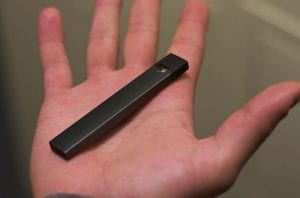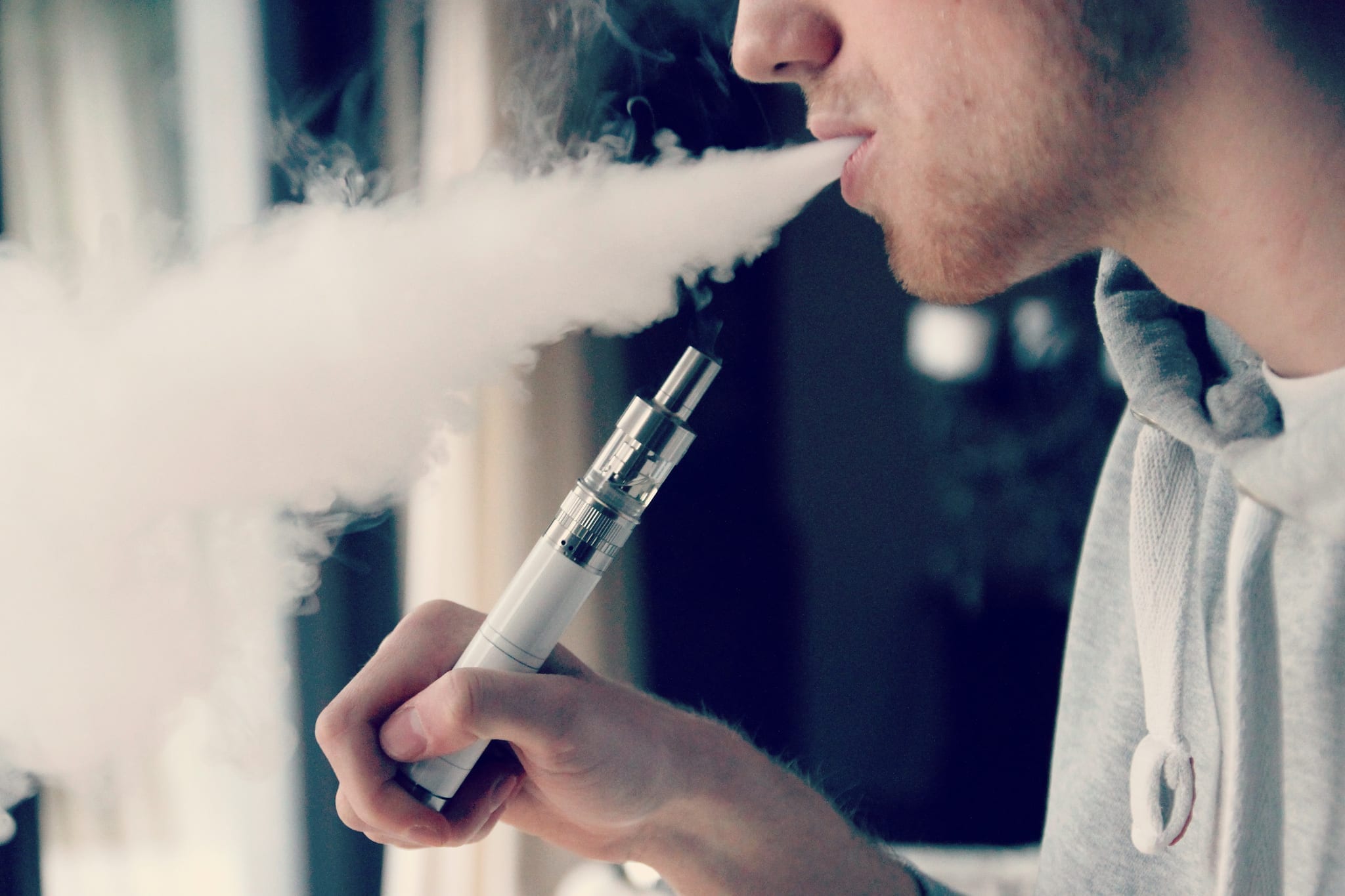Massachusetts says Juul bought ad space on children’s websites and used young-looking models to get teens into e-cigarettes.
Massachusetts is the latest state to launch a lawsuit against e-cigarette manufacturer Juul and its now-defunct parent company, Pax Labs.
According to CNN, the lawsuit accuses Juul of violating state and federal law by advertising e-cigarettes and nicotine-containing flavor pods to children. Among the state’s complaints is that Juul sought out young models for its advertising campaigns, which were then run on websites frequented at children. In fact, Massachusetts claims Juul went so far as to advertise on kids-oriented websites, including homework-help centers and Nickelodeon’s digital headquarters.
In a Wednesday statement, Massachusetts Attorney General Maura Healey said the lawsuit follows a year-long investigation into Juul and its advertising practices.

“Over and over we’ve heard Juul say that it came to market to offer a device that was an alternative to cigarettes, and in fact would even help adults switch and stop smoking,” Healey said. “But our investigation shows that was not true.”
Other states, adds CNN, have filed similar lawsuits against Juul. Illinois, California and New York, for instance, have all initiated legal action against the company in the past two to three months.
In the New York suit, that state’s attorney general alleged that Juul had sent its marketing representatives to high school assemblies.
But Massachusetts’ case is the only which cites Juul’s internal documents. The lawsuit notes that, in a 2015 marketing memo, Juul framed its “vaporized” campaign as an attempt to appeal to a “cool crowd.” E-cigarettes were shown as integral parts of a “cool, cutting-edge tech lifestyle” that “advances image.”
Accompanying the “vaporized” pitch were pictures of 10 models, described as “New York trendsetters who embody the Juul brand and speak to millennial consumers.” But Massachusetts claims the models who “appeared in the photographs” seemed “inappropriately or unsuitably young.”
Furthermore, the lawsuit states that “Juul’s employees and its board of directors acknowledged concern that models photographed for the Vaporized Campaign appeared to be too young.”
Interestingly, Juul had earlier hired Canadian marketing firm Cult Collective. They’d pitched a campaign which posited Juul as the latest step in the “evolution of smoking,” juxtaposing e-cigarettes with obsolete technology like dumbphones and tape decks.
That plan, however, was rejected in favor of the pitch featuring young-looking models.
“Just look at some of these photos here today,” Healey told reporters Wednesday. “Look at the people who are using these products. See, this isn’t about getting adults to stop smoking cigarettes, it’s about getting young people to start vaping.”
Along with purchasing advertising space on nick.com and nickjr.com—both owned by children’s television network Nickelodeon—Juul actively recruited young social media influencers to use and feature its products. Massachusetts says the company specifically targeted “celebrities with large numbers of teenage fans,” such as Twilight stars Kristen Stewart and Robert Pattinson.
Juul told CNN in a statement that the company has not yet reviewed the complaint.
“We remain focused on resetting the vapor category in the U.S. and earning the trust of society by working cooperatively with attorneys general, regulators, public health officials, and other stakeholders to combat underage use and transition adult smokers from combustible cigarettes,” Juul said.
Sources
Juul sued by Massachusetts, allegedly advertised on children’s websites


Join the conversation!